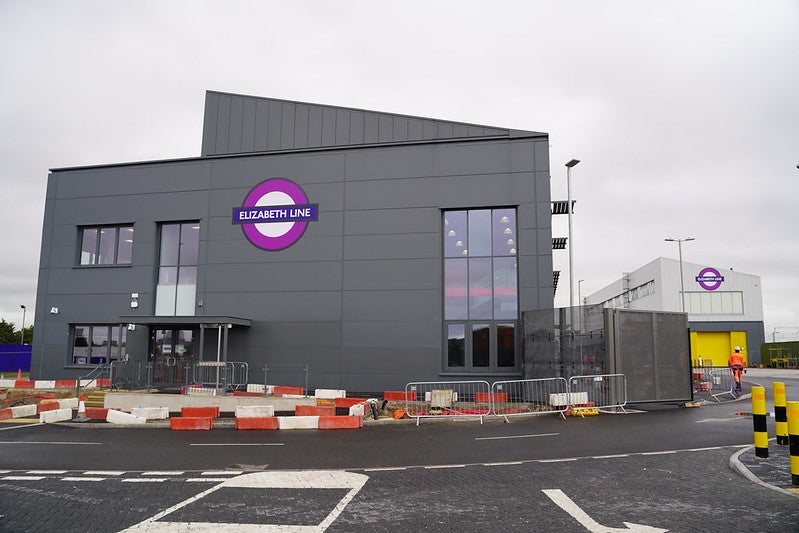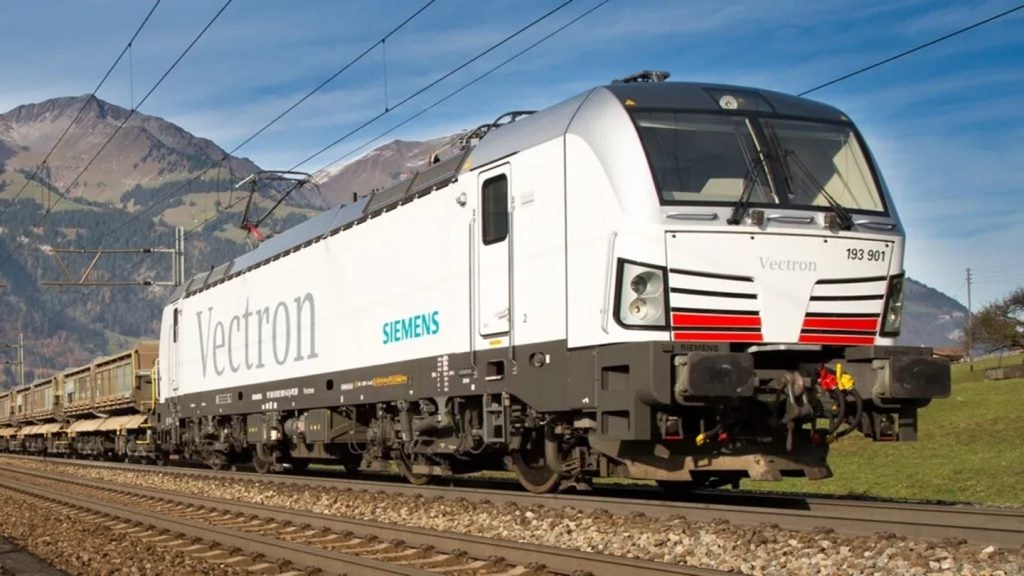
Londoners will have to wait until 2021 for the opening of Crossrail, a project that is now estimated to cost more than £18bn – up £2.35bn compared to the original £15.9bn budget – Transport for London (TfL) recently revealed.
Announcing the delay in a statement on Friday, TfL said that more time is required to develop signalling software and to get safety approvals for the railway, hence the need to postpone the opening.
Crossrail, designed to connect Heathrow airport and Canary Wharf from east to west across London, is the UK’s biggest infrastructure project in decades and was originally due to open in December 2018.
Crossrail chief executive Mark Wild had previously said that Crossrail would open between October 2020 and March 2021. However, today he warned that technical issues and testing would delay its launch date until 2021.
“Our latest assessment is that the opening of the central section will not occur in 2020, which was the first part of our previously declared opening window. The Elizabeth line will open as soon as practically possible in 2021,” he said.
“The Trial Running phase will begin at the earliest opportunity in 2020; this will be followed by testing of the operational railway to ensure it is safe and reliable.”
How well do you really know your competitors?
Access the most comprehensive Company Profiles on the market, powered by GlobalData. Save hours of research. Gain competitive edge.

Thank you!
Your download email will arrive shortly
Not ready to buy yet? Download a free sample
We are confident about the unique quality of our Company Profiles. However, we want you to make the most beneficial decision for your business, so we offer a free sample that you can download by submitting the below form
By GlobalDataWild said that this “hugely complex railway” must be completed “to the highest safety and quality standards”, and that TfL will provide further updates on the progress of the line early in 2020.
Despite the delay, Wild claimed that the Elizabeth Line has made good progress over recent months, with engineers currently working to complete the tunnels and stations by the end of 2019, Wild said.
“By the end of the year, Custom House, Farringdon and Tottenham Court Road stations will be complete and the project is on track to finish fit-out of the tunnels in January,” he continued.
“The central section will be substantially complete by the end of the first quarter in 2020, except for Bond Street and Whitechapel stations where work will continue.”
Commenting on the escalating budget, Wild said that the Elizabeth line will require additional funding “to cover the higher levels of risk contingency” and as a result, costs will increase considerably.
“The latest projections indicate a range of between £400m to £650m more than the revised funding agreed by the Mayor, Government and Transport for London in December 2018,” he concluded.
A statement with updates on works was recently sent to the London Stock Exchange to inform them of the changes to funding and timetables.
Reacting to the announcement, national chairman of the Federation of Small Businesses, Mike Cherry described the delay as “a national embarrassment.”
“Another delay to Crossrail is disappointing to see and will leave a sour taste in the mouths of businesses and commuters who had been preparing for the start of the service in 2020,” he said.
“Small businesses along the route of the Elizabeth Line, from Berkshire to Essex and across London, have long been preparing for the start of the service in early 2020.
“This delay means another year of extra construction costs, another year of lost revenues and another year of strains on an already bursting public transport system.”







